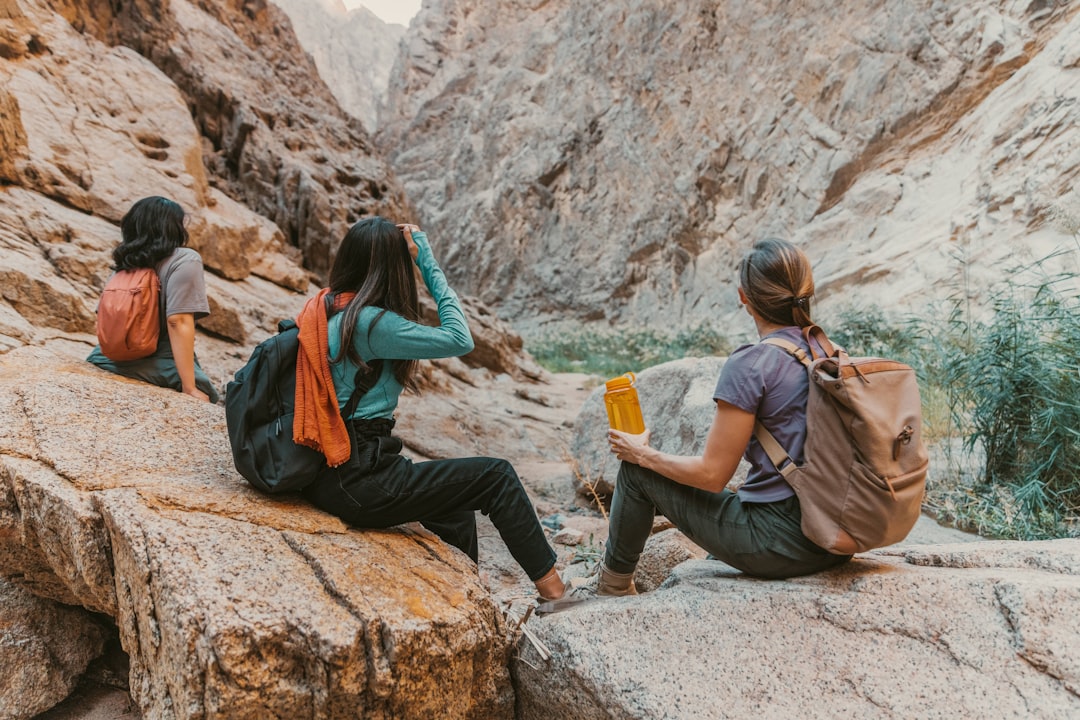
Top 10 Adventures You Can’t Miss in 2024
# Introduction. Adventure travel continues to rise in popularity as more travelers seek experiences that challenge their limits and ignite their passions. From breathtaking landscapes to adrenaline-pumping activities, the world is teeming with opportunities for adventure seekers. In this blog post, we will explore the top 10 adventures you absolutely can’t miss in 2024, each promising a unique experience that will stay etched in your memory. ## 1. Trekking to Everest Base Camp, Nepal. One of the most iconic treks in the world, the journey to Everest Base Camp offers breathtaking views of some of the tallest peaks on the planet. Adventure enthusiasts flock here not just for the challenge, but also to immerse themselves in the rich culture of the Sherpa people. The trek takes about 12-14 days, leading you through lush forests and traditional villages, with panoramic views of Mount Everest, Lhotse, and Nuptse. The experience culminates at Base Camp, where you can feel the spirit of mountaineering embedded in the air. Prepare for days filled with physical exertion but also ample rewards in terms of stunning scenery, spiritual insights, and camaraderie among fellow trekkers. ## 2. Safari in Serengeti National Park, Tanzania. Embarking on a safari in Serengeti National Park is an adventure that takes you into the heart of nature, where Africa's iconic wildlife roams free. Whether you're a seasoned wildlife photographer or a nature lover, the endless plains of the Serengeti provide an unforgettable experience, especially during the Great Migration, when millions of wildebeests and zebras traverse the landscape in search of greener pastures. Guided safaris, hot air balloon rides, and the chance to witness the majestic Big Five in their natural habitat make this journey an essential adventure in 2024. Not only do you gain rare insights into the wild, but you also contribute to conservation efforts in one of the most renowned ecosystems on Earth. ## 3. White Water Rafting in Costa Rica. Costa Rica is renowned for its lush rainforests and river systems, providing the perfect backdrop for adventure sports. Take on the thrilling rapids of the Pacuare River, which is often considered one of the best white water rafting destinations in the world. This adventure combines the rush of navigating swift currents with serene moments spent paddling through lush jungle scenery. Guided tours cater to various skill levels, and you'll likely encounter wildlife such as monkeys, toucans, and sloths along the way. This unique blend of adrenaline and natural beauty makes it a must-visit destination for 2024. ## 4. Hiking the Inca Trail, Peru. The Inca Trail is not merely a trek but a journey steeped in history, leading you through ancient ruins and breathtaking landscapes to the iconic Machu Picchu. Spanning about 26 miles, this hike challenges adventurers with its steep ascents and altitude changes. The experience, however, is one of the most rewarding, with guided treks offering insights into the Incan civilization and stunning Andean landscapes. Many hikers cherish the moment they arrive at Inti Punku (the Sun Gate) to witness the sunrise over Machu Picchu — an experience that encapsulates the mystique of this ancient site. ## 5. Diving in the Great Barrier Reef, Australia. For those who prefer their adventures underwater, diving the Great Barrier Reef is an extraordinary experience that should be on everyone's bucket list. Home to an incredible array of marine life, including colorful corals, tropical fish, and majestic sea turtles, this biodiverse ecosystem offers unparalleled diving experiences. Whether you're a certified diver or a beginner looking to try scuba diving for the first time, the reef provides options for everyone. Explore vibrant coral gardens or take a liveaboard trip for deep-sea diving experiences. Reveling in the underwater world is a transformative adventure that promotes awareness about ocean conservation. ## 6. Road Trip along the Pacific Coast Highway, USA. One of the most scenic drives in the world, the Pacific Coast Highway, also known as California State Route 1, offers breathtaking views of coastal cliffs, charming towns, and sweeping ocean vistas. This iconic road trip allows travelers to explore hidden coves, state parks, and beautiful beaches as they traverse approximately 655 miles from San Francisco to San Diego. Along the way, don’t miss iconic stops like Big Sur's rugged coastline, the picturesque town of Carmel-by-the-Sea, and the vibrant Santa Barbara. Whether you're camping under the stars or enjoying luxurious stays at coastal resorts, this adventure caters to all types of travelers. ## 7. Zip-lining in Monteverde Cloud Forest, Costa Rica. Monteverde's world-renowned cloud forests offer an exhilarating zip-lining experience like no other. Suspended high above the forest floor, you'll glide through the treetops while enjoying unparalleled views of lush greenery and rich biodiversity. The thrill of gliding through the misty canopy, combined with the sounds of nature, adds an unforgettable dimension to your Costa Rican adventure. This adrenaline-pumping activity is not only fun but also environmentally friendly, often supporting local conservation initiatives. ## 8. Climbing Mount Kilimanjaro, Tanzania. For the ultimate trekking adventure, summiting Mount Kilimanjaro, Africa's highest peak, is a life-changing achievement. Various routes, such as the Machame and Lemosho, offer unique landscapes and challenges, allowing hikers to choose an adventure aligned with their preferences. Reaching Uhuru Peak at dawn is a bucket-list moment, celebrated with a unique sense of accomplishment amidst breathtaking panoramic views. The journey also gives travelers a chance to experience diverse ecosystems, from lush rainforests to stark alpine deserts. ## Conclusion. In conclusion, adventure travel offers a gateway to explore the world in remarkable ways, pushing boundaries and enhancing personal growth. Each of the top 10 adventures listed above presents unique opportunities for exploration, culture, and experience. Whether you choose to hike to Everest Base Camp, surf the waves of Costa Rica, or dive into the depths of the Great Barrier Reef, every adventure enriches your life and creates lasting memories. Make 2024 the year you embrace new challenges, step out of your comfort zone, and explore the thrilling wonders our world has to offer. .







